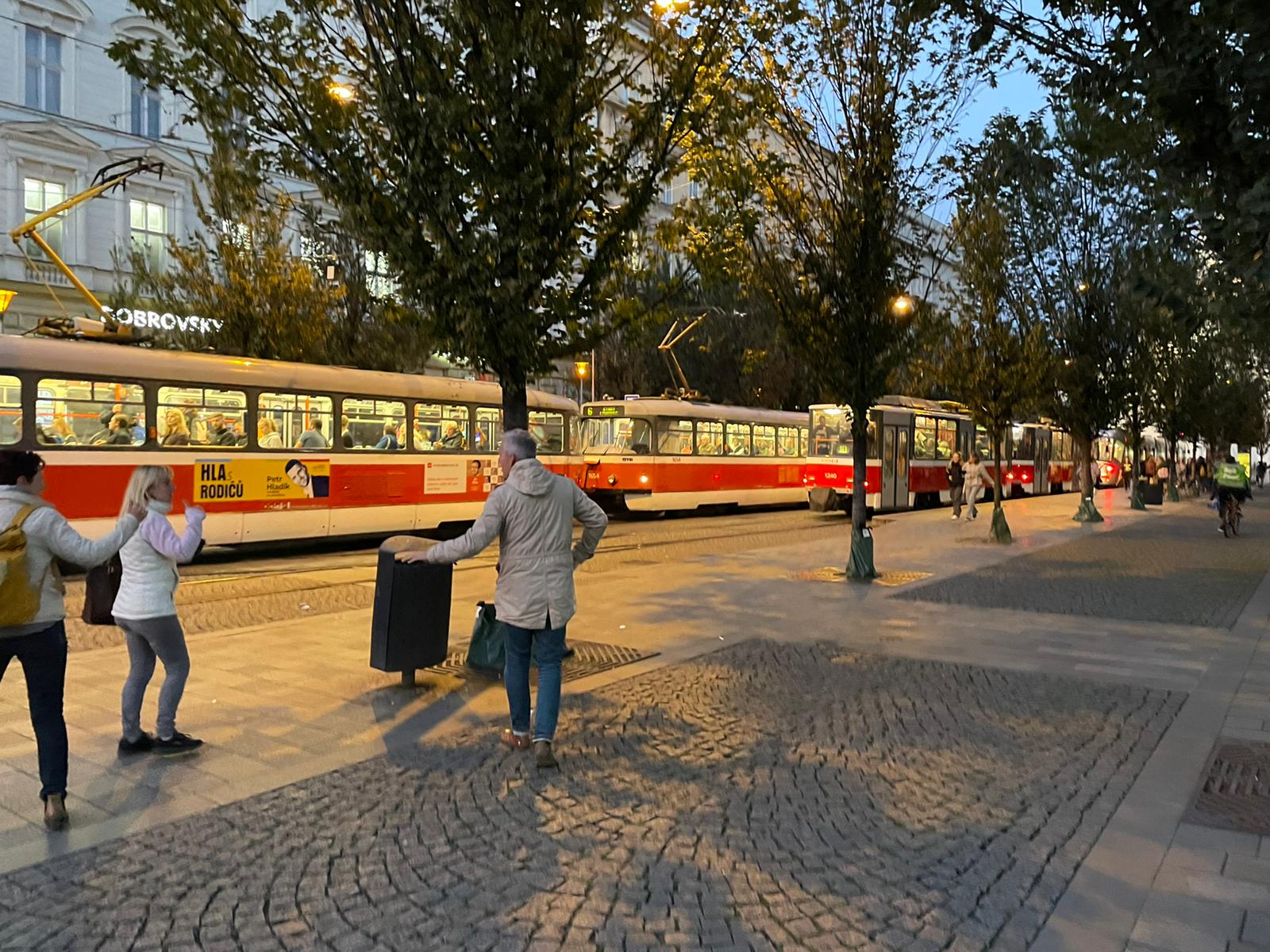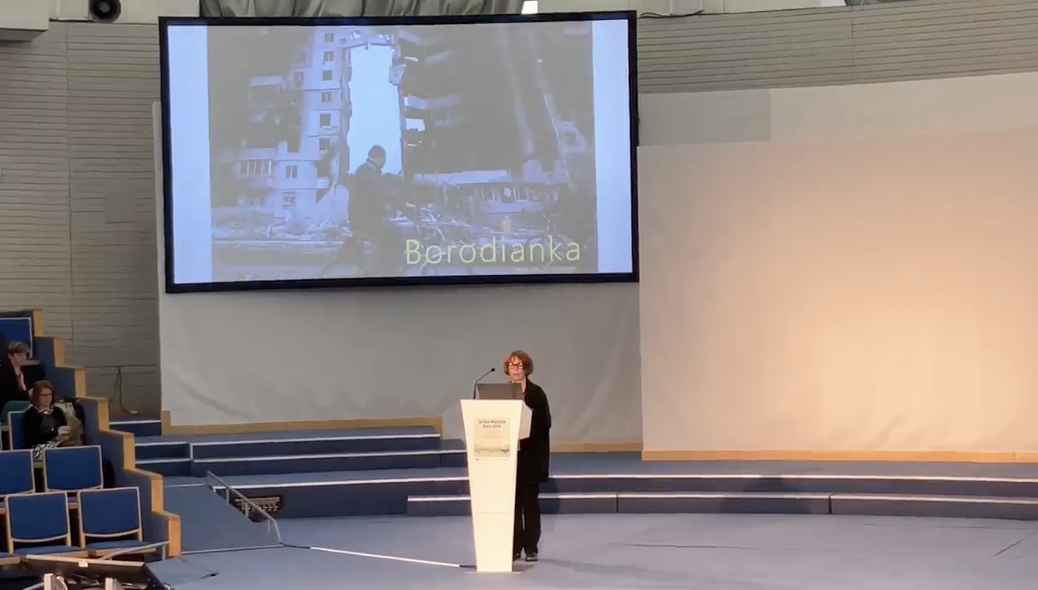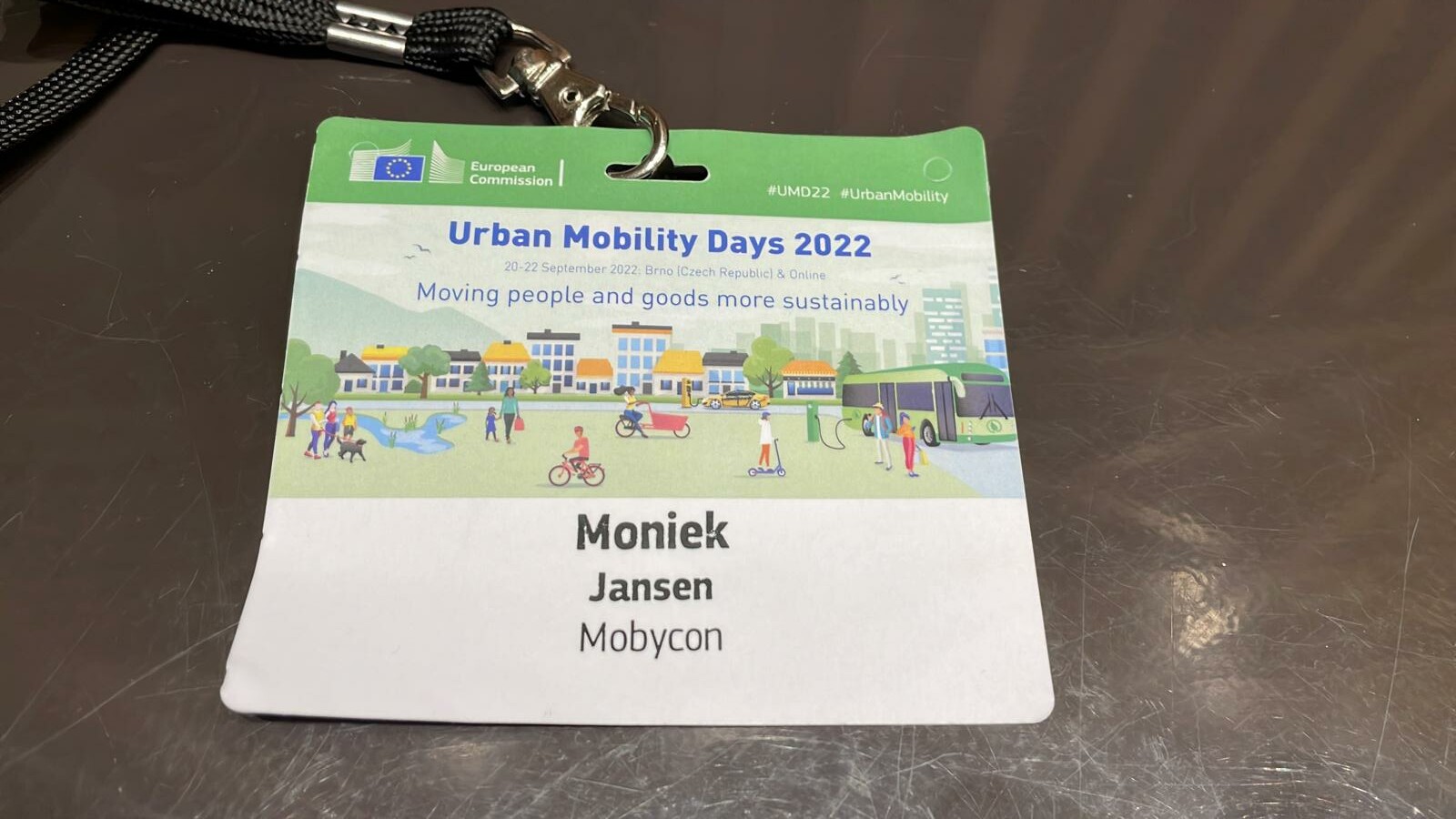Conference
The European Urban Mobility Days 2022 Summary
Each year the European Commission organizes the European Urban Mobility Days – a coming together of people from all facets of the (sustainable and smart) urban mobility industry to discuss the work being done to improve conditions and innovations for making cities more livable and accessible places for everyone. This year’s event was held in Brno, Czech Republic, a city that has the biggest trolleybus system of Europe (covering more than 94km) and has made several bold decisions in creating more human scale spaces where walking, cycling, public transportation, and shared mobility systems are more enjoyable.

On my way to the UMD22 in Brno, I realized that this was my first in-person international event after the Covid-19 pandemic. It felt exciting and a bit weird at the same time. For many cities around the world, not being able to travel sparked a realization that walking and cycling are great for covering short distances. For me, not being able to meet new people in real-life for such a long time, this was an opportunity to connect with new people for the first time and attend sessions in-person. Additionally, I was happy to see how many of the sessions on active, safe, and inclusive mobility didn’t forget the importance of the walking as a mode of transportation (which is somehow so often overlooked).

The city center of Brno in the evening
The first positive take away for me was the strong attention on the youth. As 2022 is the European Year of Youth, the UMD placed a spotlight on young voices and views towards urban planning and climate resilience. The conference started with a long, interesting session about young people that want change and those being the change. We all agreed that we should all be – and stay – curious towards new sustainable modes, with the emphasis that policymakers should be open for new ideas from youth.
The second positive takeaway for me were sessions dedicated to active mobility and behavioral change. Session titles like Active mobility and public transport first, Climate-neutral cities, RePowerEU: The power of behavioral change show that the focus of urban planning is becoming more and more active, inclusive, and people-centered. A sentence that is still stuck in my head from the active mobility session was that politicians should stop calling pedestrians and cyclists vulnerable; let’s start calling them valuable. One should also be courageous enough to implement sustainable alternatives for the car (e.g. Oslo city council is a tangible example that politicians will not necessarily lose votes by choosing active mobility and public transport over private cars).
Finally, it amazed me how Brno’s public transport was so easy and comfortable. With the biggest trolleybus system in Europe, you can travel almost everywhere by public transport. The beautiful city centre is almost car-free and there are several shared mobility systems, such as e-scooters and bicycles; which are as well used by the many food delivery services.

Lesye Loyko showing pictures of how Ukrainians move by bike during the war
Importantly, this year’s event gave attention for the war in Ukraine and oil-dependency. I became a bit emotional during the opening speech of Lesya Loyko, the European Mobility Week National Coordinator for Ukraine. She pointed out that cycling is more important than ever in Ukraine right now since the highways and public transport have been destroyed. The bicycle doesn’t require oil, you can quickly cover distances, and it has saved many lives because in some areas cycling is the only mode to bring water, food, and medicines to people. According to her, the bicycle and freedom go hand in hand.

My name tag from the Urban Mobility Days conference
With this year’s theme ‘Moving people and goods more sustainably’ in the back of my mind, I am now making my way back home, from Brno to Piraeus, using several modes: foot – tram – train – plane – bus – and foot again. Quite a journey, but after all, (almost) all of us start and end our day as pedestrians. Let’s focus there!
 ">
">Moniek Jansen
‘The private use of cars still dominates the street scene. This individualistic and environmentally unfriendly form of mobility is increasingly inconsistent with our sustainable, social and accessibility goals. Within Mobycon, I work on stimulating cycling and other smart, innovative mobility solutions that increase the liveability of an area.’

